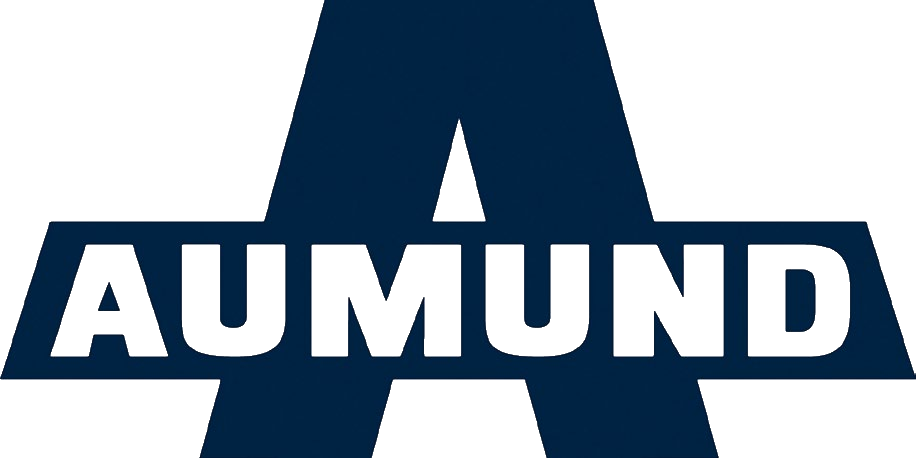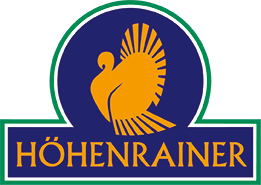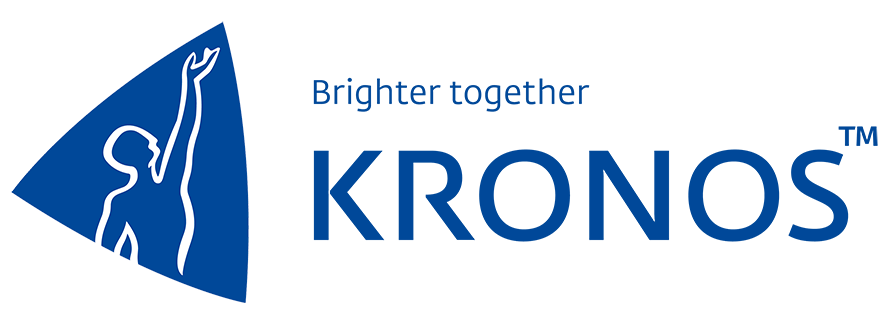Managing Intellectual Property Risk in Global Sourcing Checklist
Template to manage intellectual property risk when outsourcing globally, ensuring compliance with laws, protecting confidential information, and maintaining brand reputation.
Pre-Sourcing
FAQ
How can I integrate this Checklist into my business?
You have 2 options:
1. Download the Checklist as PDF for Free and share it with your team for completion.
2. Use the Checklist directly within the Mobile2b Platform to optimize your business processes.
How many ready-to-use Checklist do you offer?
We have a collection of over 5,000 ready-to-use fully customizable Checklists, available with a single click.
What is the cost of using this Checklist on your platform?
Pricing is based on how often you use the Checklist each month.
For detailed information, please visit our pricing page.
What is Managing Intellectual Property Risk in Global Sourcing Checklist?
A comprehensive checklist to identify and mitigate intellectual property (IP) risks associated with global sourcing. This includes:
- Contract Review:
- IP ownership clauses
- Confidentiality agreements
- Infringement indemnification
- Supplier Evaluation:
- Research on supplier's IP history
- Audits for IP compliance
- IP Protection:
- Patent, trademark, and copyright registration
- Trade secret protection measures
- Data Security:
- Data encryption protocols
- Access controls and user authentication
- Communication Protocols:
- Clear communication of IP expectations
- Regular audits for IP compliance
- Exit Strategies:
- Plan for supplier exit or termination
- Training and Awareness:
- Educate employees on global sourcing and IP risks
- IP Risk Assessment:
- Regular assessments to identify potential IP risks
How can implementing a Managing Intellectual Property Risk in Global Sourcing Checklist benefit my organization?
Implementing a Managing Intellectual Property Risk in Global Sourcing Checklist can help your organization by:
- Identifying and mitigating potential IP risks associated with global sourcing
- Ensuring compliance with relevant laws and regulations
- Protecting sensitive business information and trade secrets
- Enhancing reputation and credibility with customers, partners, and stakeholders
- Reducing the risk of costly IP disputes and litigation
- Improving supply chain resilience and sustainability
What are the key components of the Managing Intellectual Property Risk in Global Sourcing Checklist?
- Governance and Oversight
- Supplier Selection Criteria
- Contractual Provisions
- IP Protection Measures
- Compliance Monitoring
- IP Infringement Procedures
- Data Security Requirements
- Supply Chain Transparency
- Conflict Minerals Policy
- Escalation Process
Risk Assessment
Contract Negotiation
Supply Chain Due Diligence
IP Training and Awareness
Monitoring and Enforcement
Emergency Response Plan
Continuous Improvement
Acknowledgement and Signature
Expense Reduction
 34%
34% Development Speed
 87%
87% Team Productivity
 48%
48% Generate your Checklist with the help of AI
Type the name of the Checklist you need and leave the rest to us.
 Made in Germany
Made in Germany Fair Pricing Policy
Fair Pricing Policy



























 Certified Security and Data Protection
Certified Security and Data Protection Active Support and Customer success
Active Support and Customer success Flexible and Fully customizable
Flexible and Fully customizable